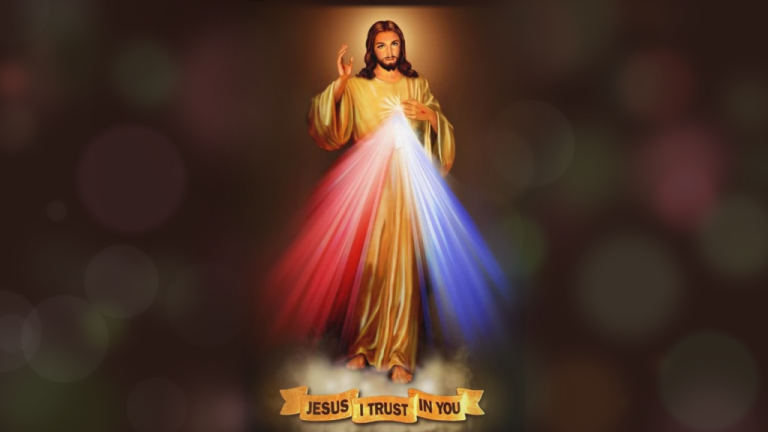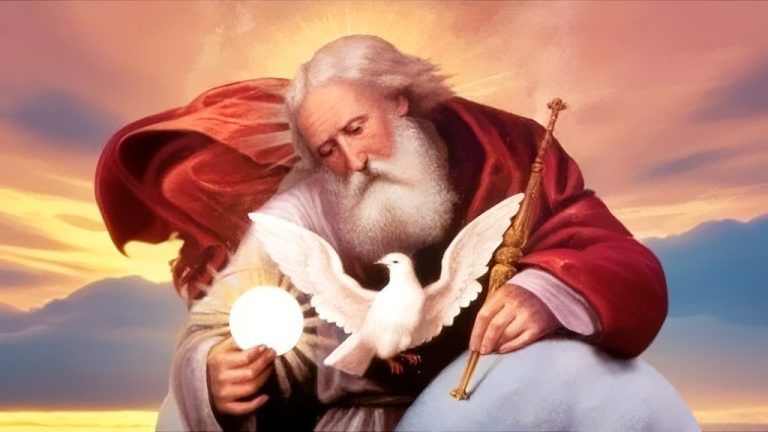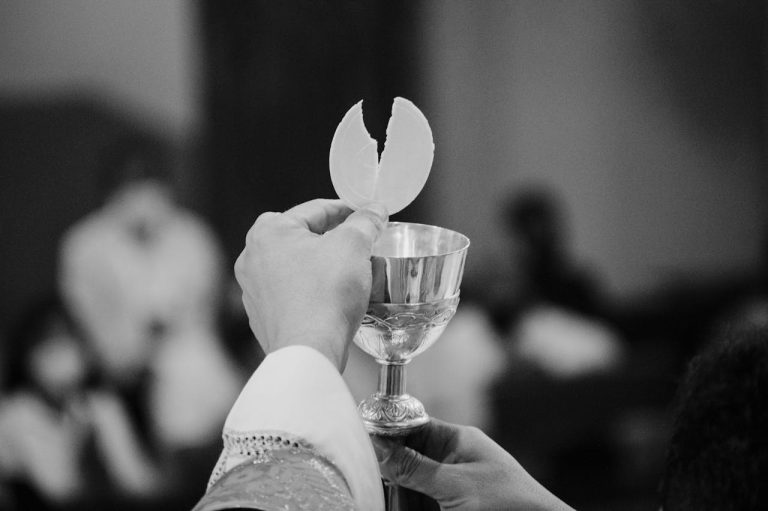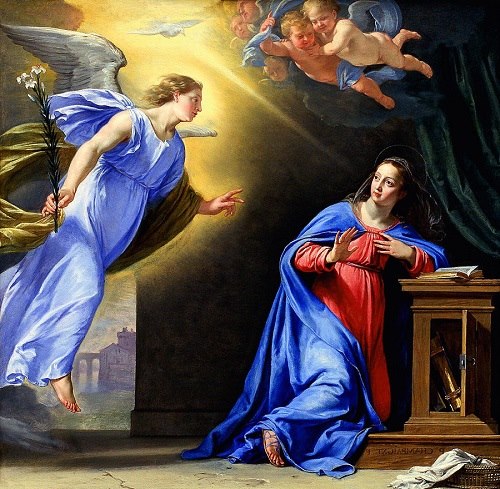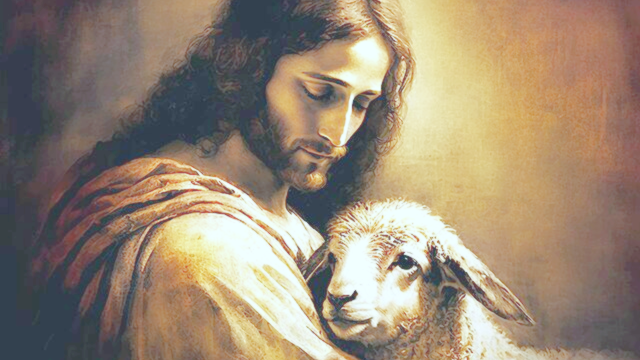Today’s Reading is from MT 22, 1:14
Jesus again in reply spoke to the chief priests and the elders of the people in parables
saying, “The Kingdom of heaven may be likened to a king
who gave a wedding feast for his son.
He dispatched his servants to summon the invited guests to the feast,
but they refused to come.
A second time he sent other servants, saying,
‘Tell those invited: “Behold, I have prepared my banquet,
my calves and fattened cattle are killed,
and everything is ready; come to the feast.”’
Some ignored the invitation and went away,
one to his farm, another to his business.
The rest laid hold of his servants,
mistreated them, and killed them.
One meaning of the above: God, the Loving Programmer, held a wedding feast for His Son, Jesus. The result of the feast would be that the new family resulting from the wedding would take precedence. The Jewish Establishment ignored the first prophets who gave them the earliest invitations. So, The Loving Programmer sent other prophets with more specific invitations, telling people hundreds of details, even specifying that the Wedding of God and Man would bear fruit in Bethlehem.
Earthly Israelites were more concerned with accumulating programmed entities. They ignored He Who programmed and downloaded their own human programs within the vast Creation Program. They ignored the invitation to the Downloading of God among them. Those who brought the invitations were killed by the Jerusalem Establishment in alignment with political forces. The last to bring invitations was John the Baptist.
The king was enraged and sent his troops,
destroyed those murderers, and burned their city.
This prophecy comes directly from Jesus. A generation after the Jerusalem Establishment had killed the bridegroom, and had been stunned by His coming back to life, the Caesars destroyed Jerusalem and all within it. Jesus’ prophecy had come true within living memory of those who heard it. The very surprising lesson: Caesars’s soldiers were making God’s prophecy come true. From that, we learn that government is doing God’s will, following God’s orders, doing what God wants.
Then the king said to his servants, ‘The feast is ready,
but those who were invited were not worthy to come.
Go out, therefore, into the main roads
and invite to the feast whomever you find.’
The servants went out into the streets
and gathered all they found, bad and good alike,
and the hall was filled with guests.
Since the Jews, including the Tribes of Judah and Benjamin, had not attended the wedding, they were deemed unworthy of being part of the union of God and man, The Loving Programmer and His beloved free-will programs. The servants went onto the main roads and streets, not to those too far away. They filled the hall with guests.
But when the king came in to meet the guests
he saw a man there not dressed in a wedding garment.
He said to him, ‘My friend, how is it
that you came in here without a wedding garment?’
But he was reduced to silence.
Then the king said to his attendants, ‘Bind his hands and feet,
and cast him into the darkness outside,
where there will be wailing and grinding of teeth.’
Many are invited, but few are chosen.”
When God came to see the guests, He saw one who refused to make himself ready for the ceremony that would join God and man, Creator and created, Loving Programmer and beloved human programs. The guest wanted the gifts that would be handed out to those who attended, but only on his own terms. He thought himself too important to follow the basic rules of etiquette. He knew what was best. He wanted God, and all creation, to serve him. He expected that his standards were sufficient to get him into the wedding. He was a vain man who loved himself more than God.
When God asked why he expected to be saved without conforming to the rules, the man had nothing to say. He was too vain to admit that he had made a mistake. He was too stubborn and proud to ask God to forgive him. He was unable to admit that he was wrong.
God told His angels to bind the vain man, take away his freedom, and throw him into the darkness, away from the light, amid pain, suffering, and regret. Many on the streets and roads are invited, but few are chosen to have the grace to be obedient. Clearly, only the obedient may be saved.
Catholic Fundamentalism asks the hard question: Are those who refuse to receive the Sacraments He provided in The Church He founded by saying to the first Pope, “Thou art Peter, and on this rock, I build My Church.” like the vain man? Will they be thrown into the darkness?
Can anyone fully absorb this passage without asking: “What happens at Judgment to those who have willfully ignored: ‘If you do not eat My Body and drink My Blood, you do not have life in you.’?”
Just asking.



